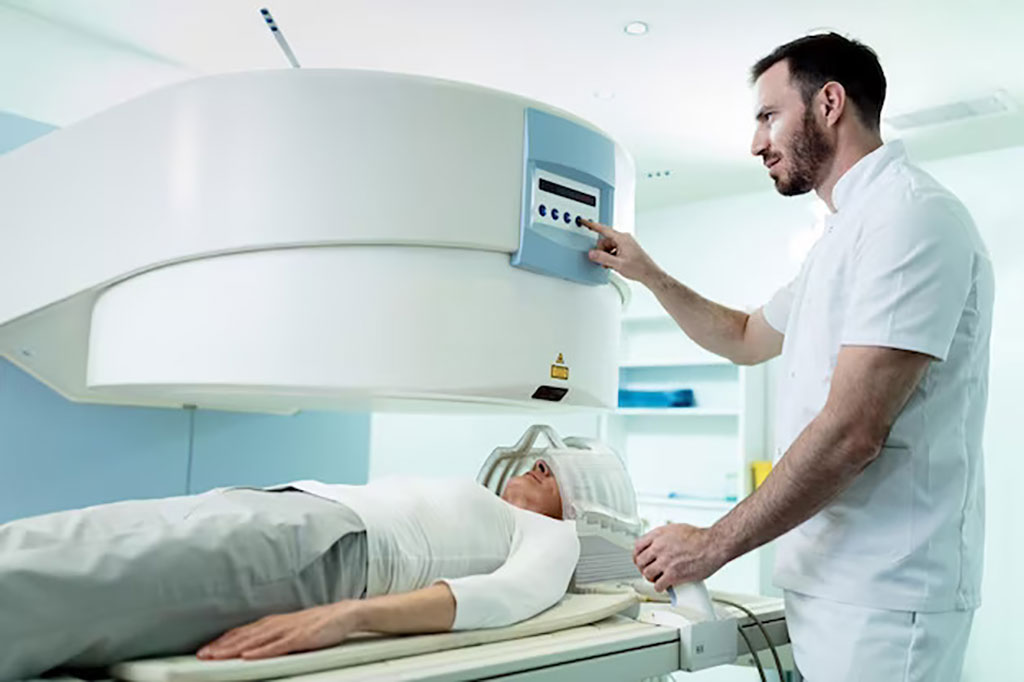Accelerated MRI Sequence Reduces Scan Times without Affecting Image Quality
Posted on 01 Sep 2023
A new study has found that an accelerated MRI sequence can slash total scan durations by approximately 32% while upholding image quality. This change in routine clinical practice holds the potential to boost scanner throughput, leading to reduced expenses, decreased patient discomfort, and minimized motion artifacts.
For the study, scientists at Singapore General Hospital (Central Region, Singapore) employed compressed sensitivity encoding, commonly known as SENSE, a commonly used method involving the random undersampling of MRI data. A group of six specialized radiologists assessed a series of 95 MR images from various anatomical regions, captured using compressed SENSE, in comparison to those obtained via the standard protocol sequence. The six experienced evaluators received pairs of anonymized images derived from the two methods, displayed side by side for random comparisons. They evaluated the outcomes based on perceived sharpness, signal-to-noise ratio, lesion visibility, and artifacts.

The researchers found that compressed SENSE reduced overall scan times by around 32% while maintaining acceptable MRI quality across all regions. Among the regions examined, spine imaging demonstrated the greatest time savings, with an average reduction of 68 seconds or 44%, followed by brain MR (86 seconds/37%). Intracranial 3D time-of-flight magnetic resonance angiography demonstrated the most substantial time reduction, averaging 202 seconds, translating to a 56% decrease. The readers perceived compressed SENSE as slightly less sharp, with a slightly reduced signal-to-noise ratio and lesion visibility compared to the standard protocol sequence. However, they found the overall image quality to be comparable for joint and body scans and "slightly lower" for brain and spine scans, yet still suitable for diagnostic purposes. The study noted a high degree of clinical acceptance for compressed SENSE (88%), particularly for body scans (100%) and generally high acceptance for other regions (68%-95%).
“Compressed SENSE sequences were nearly equivalent to standard-of-care sequences and were largely deemed acceptable for daily routine clinical work,” stated Pohchoo Seow from Singapore General. “The implementation of CS improved the existing clinical workflow and has wide scoping potential to enhance patient care and comfort by reducing MRI sequence acquisition time and shortening total scan time while maintaining image diagnostic quality.”
Related Links:
Singapore General Hospital






 Guided Devices.jpg)







